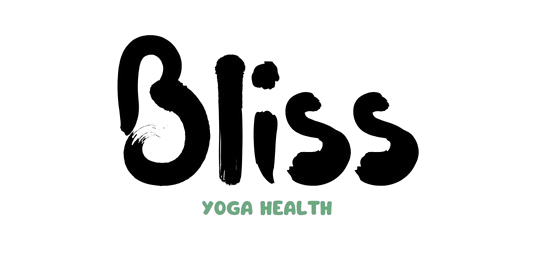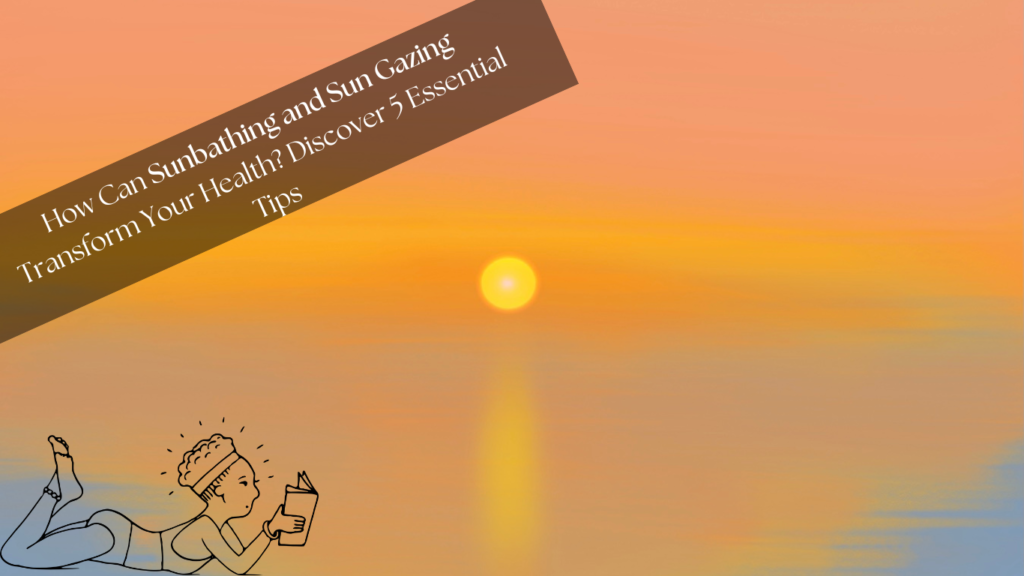
At Bliss Yoga Health, we’re passionate about helping you achieve optimal well-being through natural and holistic practices. One of the simplest yet most effective ways to boost your health is by embracing the sun through both sunbathing and sun gazing. But when is the best time to sunbathe and practice sun gazing? And how can you make the most of these practices? let’s get started!
Best Times for Sunbathing and Sun Gazing
Both sunbathing and sun gazing offer tremendous health benefits, but timing is key to maximizing these benefits while minimizing risks.
The Best Times To Engage In Sunbathing And Sun Gazing Are During The Morning And Evening
The best times to engage in sunbathing and sun gazing are during the morning and evening, around sunrise or sunset. These periods provide the gentlest sunlight, which is ideal for absorbing Vitamin D and practicing sun gazing without the intense midday UV rays. Morning sunlight gently awakens your body, while evening sunlight can have a calming effect, perfect for winding down the day.

- Morning Sun: A serene image of a person sitting on a yoga mat, gazing at the rising sun with eyes partially closed, surrounded by nature.
- Evening Sun: A peaceful scene of someone meditating during sunset, with the warm glow of the sun in the background.
Engaging in proper sunbathing and sun gazing can greatly enhance your health. Here’s why you should consider making them part of your daily routine:

- Boosts Vitamin D Levels
Vitamin D, which is essential for immune system performance, bone health, and mood management, is naturally found in sunlight. It just takes ten minutes in the sun to help you reach your daily needs for Vitamin D. - Improves Mood and Mental Clarity
Both sunbathing and sun gazing stimulate the production of serotonin, a hormone that boosts mood, and endorphins, which can enhance mental clarity and focus. - Supports Skin Health
Controlled sun exposure can improve skin conditions like eczema and psoriasis. Sun gazing, on the other hand, can help alleviate eye strain and improve eye health when done correctly. - Enhances Sleep Quality
Exposure to natural light, especially in the morning, helps regulate your circadian rhythm, leading to better sleep. Sun gazing during the early morning can further enhance this benefit.
Suggested Image Placement:
Tips for Safe Sunbathing and Sun Gazing
- Start Slow
For sunbathing, begin with just 5-10 minutes of exposure, gradually increasing the time. For sun gazing, start with a few seconds during sunrise or sunset, gradually working up to a minute or more. - Wear Light Clothing
Light, breathable clothing allows your skin to absorb sunlight more effectively. During sun gazing, remove any eyewear and allow your eyes to naturally adjust to the soft light. - Protect Sensitive Areas
Apply sunscreen to sensitive areas when sunbathing, and avoid looking directly at the sun outside the safe periods for sun gazing. - Hydrate
Drink plenty of water before and after sunbathing or sun gazing to stay hydrated.
FAQs
Question1: How long should I sunbathe and sun gaze each day?
Question3: Can I get enough Vitamin D from food and supplements alone?
Question4: What are the risks of sunbathing and sun gazing?
Final Thoughts
Sunbathing and sun gazing are simple yet powerful practices that can significantly enhance your overall well-being. By practicing them at the right times and following the tips above, you can safely enjoy the many benefits of the sun.
Remember, balance is key in your health journey. Embrace the sun, listen to your body, and take care of your skin and eyes. If you have more questions, feel free to reach out or explore more tips on our blog.


